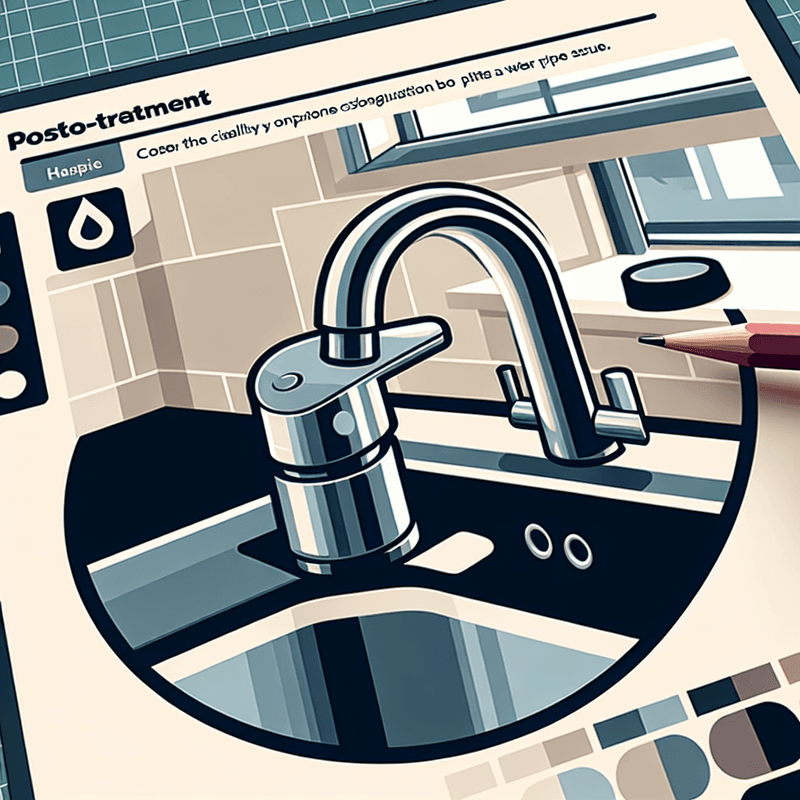Have you ever encountered slow draining sinks, unpleasant odours, or even backups in your commercial kitchen? If so, you might be dealing with one of the most common and problematic issues in commercial drainage systems: grease buildup. This problem is not only a nuisance but can also lead to significant business interruptions and costly repairs if not addressed properly.
Understanding Grease Buildup in Commercial Drainages
Grease buildup occurs when fats, oils, and grease (FOG) from cooking and food preparation solidify inside drainage pipes. These substances are often washed down sinks and can stick to the walls of drainage pipes, gradually accumulating until they hinder water flow. Over time, this can lead to blockages, slow drainage, bad smells, and even health hazards due to the potential for bacterial growth.
Recognising the Signs of a Grease Blockage
The first step towards tackling this issue is recognising the signs of a potential grease blockage. Some indicators include:
- Slow Draining Sinks: Water takes longer than usual to drain, or water levels rise in sinks during use.
- Unpleasant Odours: Foul smells emanating from the drains, which are caused by decomposing organic matter trapped in the grease.
- Gurgling Sounds: Noises coming from the drains, indicating disrupted water flow.
How to Address Grease Buildup
If you suspect that grease buildup is affecting your drainage, there are several steps you can take:
1. Boiling Water
Regularly pouring boiling water down the drain can help dissolve minor grease buildup. This method is effective for maintenance but might not resolve severe blockages.
2. Baking Soda and Vinegar
A mixture of baking soda and vinegar can also be used as a DIY cleaning solution. Pour a cup of baking soda followed by a cup of vinegar down the drain. The chemical reaction can help break down the grease.
3. Enzymatic Cleaners
These cleaners use enzymes to break down fats and oils naturally. Enzymatic cleaners are a good choice for regular maintenance as they are less harsh on the pipes and environmentally friendly.
4. Manual Cleaning
For immediate relief from severe blockages, you might need to manually clean the affected drain. This involves disassembling the pipes underneath the sink to physically remove the grease clog. However, this should be done with caution and proper knowledge of plumbing systems.
Professional Drain Cleaning
In cases where DIY methods are insufficient or if the blockage recurs frequently, it might be necessary to contact a professional drainage service. Professional plumbers have the tools and expertise to thoroughly clean and remove stubborn grease buildup without damaging your drainage system.
Long-Term Prevention of Grease Buildup
Prevention is key to avoiding the recurring headache of grease blockages. Here are some long-term strategies to help keep your commercial drains clear:
1. Grease Traps
Installing a grease trap is one of the most effective ways to prevent FOG from entering your plumbing system. Grease traps need to be cleaned and maintained regularly to ensure they function properly.
2. Staff Training
Educating kitchen staff on best practices for grease management can significantly reduce the amount of FOG going down the drains. Simple practices such as wiping down greasy plates before washing can make a big difference.
3. Regular Maintenance
Schedule regular drain cleaning sessions either as a DIY activity using enzymatic cleaners or through professional services. Keeping a maintenance log can help track the health of your drain systems and avoid emergencies.
Conclusion
Dealing with grease buildup in commercial drainage systems can be daunting, but understanding the causes, recognising the symptoms, and using the right approach can make management much more manageable. Incorporating preventive measures into your daily operations not only ensures smoother running drains but also contributes to a more hygienic and pleasant working environment. If grease issues persist despite these efforts, don't hesitate to call in a professional to ensure your drainage system is cleared effectively and safely. Sometimes, the health of your commercial establishment depends on the flow of your drains.





